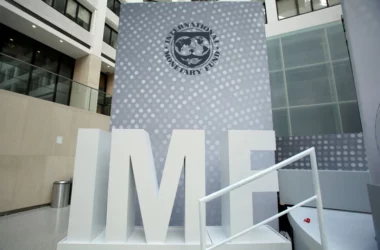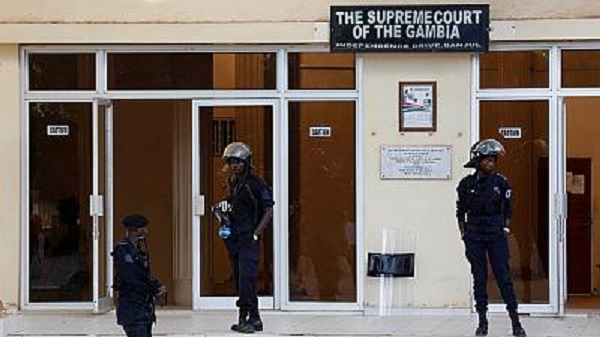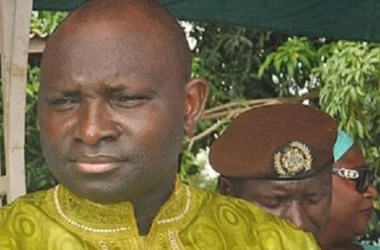
A former Gambian Finance minister who was jailed in the previous regime of Yahya Jammeh has lost his fight to get his criminal record expunged.
Amadou Sanneh, national treasurer of the opposition United Democratic (UDP), was in 2013 convicted by special criminal court judge of sedition and sentenced to up to five years of imprisonment after he wrote an attestation claiming that a UDP member had suffered harassment and death threats from the Gambian authorities.
He was released in January 2017 after he was granted amnesty by President Adama Barrow, who defeated Mr Jammeh in the December 2016 elections.
And in a bid to clear his record, Sanneh who served as Finance and Trade minister in Mr Barrow’s government before he was sacked earlier this year, filed an appeal at the Court of Appeal but lost.
Not satisfied with the ruling, he took the matter to the Supreme Court of the Gambia but was told this week by the justices that his criminal record would not be erased as he was only granted a pardon by the president and not acquitted by a court.
The justices said: “Pardon is no sense the equivalent of an acquittal. The effect of the pardon is prospective and not retrospective. It does not change the past and cannot annihilate the established fact that the appellant was convicted of the offence. For all intents and purposes, the fact of the conviction remains untouched and the criminal record is not erased.
“The 1997 Constitution does not give the president the prerogative of justice, but only a prerogative of mercy, which cannot remove a conviction, but, only pardons.”
The justices added that by virtue of section 120 of the 1997 Constitution, the judicial power of the Gambia is vested in the courts and shall be exercised by them according to the respective jurisdictions conferred on them by law.
In that regard, they said only the courts with the appellate jurisdictions have the power to quash a conviction and a pardon is not a substitute for judicial reversal of Mr Sanneh’s conviction.















